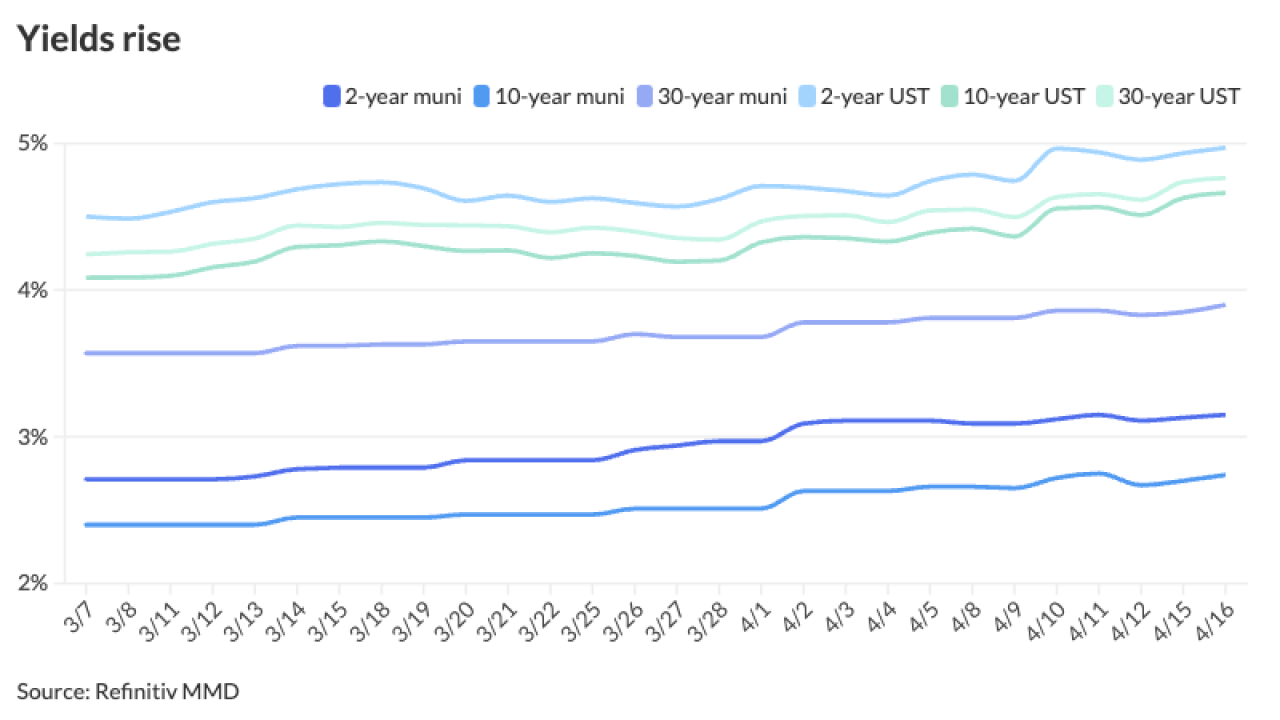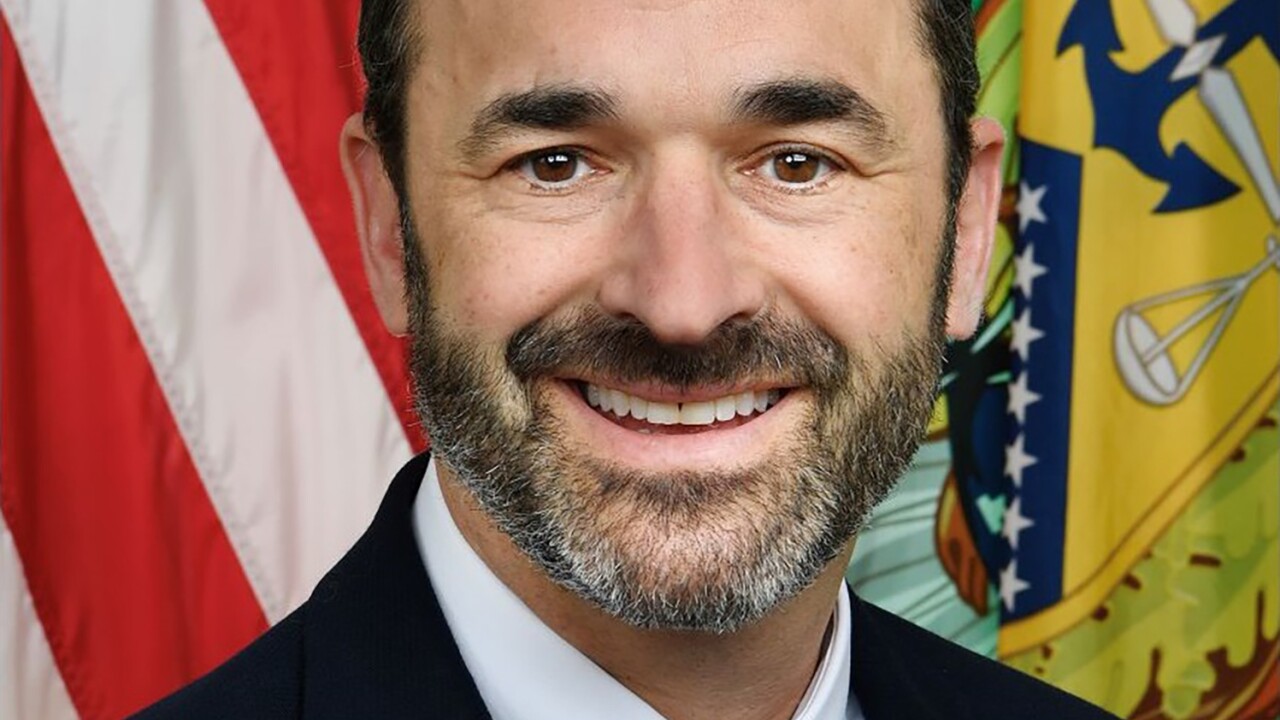
WASHINGTON - President-elect Barack Obama formally announced yesterday that he will nominate Mary Schapiro, the chief executive officer of the Financial Industry Regulatory Authority, to become chairman of the Securities and Exchange Commission.
At a press conference in Chicago, Obama also announced that he will nominate Gary Gensler, a former Treasury official who spearheaded the transition team's search for a successor to outgoing SEC chairman Christopher Cox, to head the Commodity Futures Trading Commission. In addition, he said he will tap Daniel K. Tarullo, a professor at Georgetown University Law Center, to fill an open slot on the Federal Reserve Board of Governors. Once nominated, all three would have to be approved by the Senate.
The appointments come as Obama and federal lawmakers are poised to consider a major overhaul of financial services regulation and as the SEC has been repeatedly under the gun for acting too slowly to the financial crisis and failing to protect investors.
Schapiro, who is politically independent, previously served on the SEC from 1988 until 1994 - including a stint as acting chairman before Arthur Levitt was confirmed to lead the agency in July 1993. She also was chairman of the CFTC from 1994 to 1996.
She will become the first female chairman of the five-member panel in the agency's 75-year history, and will rejoin Elisse Walter, who worked at the SEC as deputy director of the corporation finance division while Schapiro was there and was Schapiro's senior vice president at FINRA until rejoining the commission as a member this summer.
Because of Schapiro's experience at both the SEC and CFTC, her appointment may signal that Obama will seek to merge the two organizations, an idea that has received some traction here.
Securities lawyers and muni market participants praised Obama's decision to nominate her, as well as her work at the SEC, CFTC, and NASD - now FINRA - which enforced rules written for muni broker-dealers by the Municipal Securities Rulemaking Board.
"She's coming in while financial market regulation is on the operating table and her leadership may have a great influence on what comes out of the operating room, including whatever happens, if anything, to munis," said Paul Maco, a partner at Vinson & Elkins LLP here who headed the SEC's office of municipal securities while Schapiro was a commissioner.
Richard Roberts, a principal at Roberts, Raheb & Gradler LLC whose term at the SEC was from 1990 to 1995 and partially overlapped with Schapiro's, said: "She's a great choice. She's always acted in a nonpartisan manner. She's smart, hardworking, experienced and very good with people."
"We are thrilled that Mary Schapiro has been nominated as chair of the SEC," said Lynnette Hotchkiss, executive director of the MSRB. "Her professional experience as a regulator is of the highest caliber and her focus on investor protection is unparalleled. The MSRB has a long history of working with Mary during her time at FINRA and earlier as an SEC commissioner, and we look forward to continued collaboration in her new role."
In leaving FINRA, Schapiro will agree to an enormous pay cut. Her fiscal 2007 compensation of $1.73 million, along with $233,236 in benefits and deferred compensation as well as $38,855 in expenses and other allowances, easily dwarves the $158,000 Cox will make this year, according to FINRA and other federal documents.
Sources said that Schapiro played a pivotal role in the mid-1990s for helping to resolve a dispute between the SEC, the MSRB, and NASD concerning the establishment of the board's Rule G-37, which was designed to curb pay-to-play practices in the muni market.
A furor erupted in 1996 after NASD provided multiple G-37 exemptions to broker-dealers, leading the SEC to rebuke the self-regulator for lax enforcement of the rule. At the time, Levitt described a "cultural problem" of failing to adequately self-police the securities industry.
Sources said that Schapiro, who had recently become president of the self-regulator's regulatory arm, ultimately acted to stop NASD from granting broad exemptions to the rule.
"She really put NASD on track in terms of enforcing MSRB rules," Maco said.
Levitt, who praised Schapiro's selection on Bloomberg Television, did not return a call to his cell phone for comment. Through a spokesman, Schapiro declined to comment.





